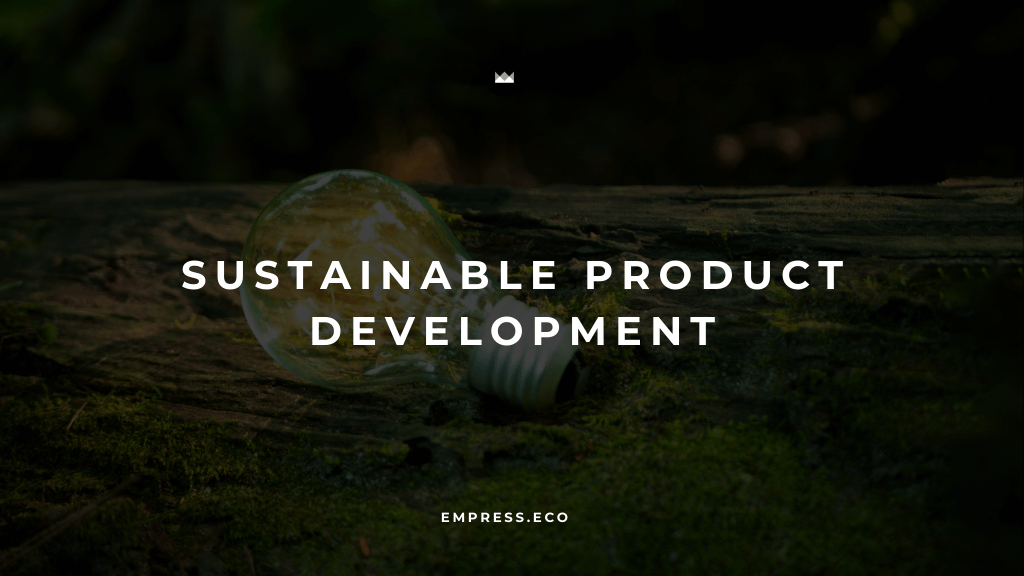Promoting peaceful and inclusive societies, providing access to justice for all, and building effective, accountable, and inclusive institutions are fundamental to sustainable development. Sustainable Development Goal 16 (SDG 16) aims to achieve these objectives by addressing violence, ensuring access to justice, and fostering transparent and inclusive institutions.
The Current State of Peace, Justice, and Strong Institutions
Despite progress in some areas, significant challenges remain in achieving SDG 16. According to the United Nations, violence and conflict continue to plague many regions, with nearly 17,000 civilians killed in war operations in 2022, a 53% increase from 2021. Access to justice is limited, with many crimes going unreported and a high number of unsentenced detainees. Corruption and bribery remain pervasive, undermining trust in institutions.Key challenges include:
- Rising Violence: Increased conflict-related deaths and widespread violence.
- Limited Access to Justice: High rates of unreported crimes and unsentenced detainees.
- Corruption and Bribery: Persistent corruption undermining institutional trust.
- Human Rights Violations: Increased risks for human rights defenders and journalists.
- Underrepresentation: Women and marginalized groups remain underrepresented in decision-making processes.
Key Strategies for Promoting Peace, Justice, and Strong Institutions
To achieve SDG 16, a comprehensive approach is essential. Here are some key strategies:
1. Reducing Violence and Crime
Efforts to significantly reduce violence and crime are crucial for peace and stability:
- Violence Prevention: Implementing national and local strategies to prevent violence and protect vulnerable populations (UN).
- Combating Organized Crime: Strengthening international cooperation to combat organized crime and illicit financial and arms flows (UN).
2. Ensuring Access to Justice
Providing equal access to justice for all is fundamental for upholding the rule of law:
- Legal Aid Services: Expanding access to legal aid services, particularly for marginalized communities (UNICEF).
- Judicial Reforms: Implementing judicial reforms to ensure fair and timely trials (UN).
3. Strengthening Institutions
Developing effective, accountable, and transparent institutions is essential for good governance:
- Anti-Corruption Measures: Enforcing anti-corruption laws and promoting transparency in public administration (UN).
- Institutional Capacity Building: Enhancing the capacity of institutions to deliver public services effectively (UN).
4. Promoting Inclusive Decision-Making
Ensuring inclusive, participatory, and representative decision-making processes is vital for social cohesion:
- Gender Equality: Promoting gender equality in leadership and decision-making roles (UN Women).
- Youth Engagement: Involving young people in governance and decision-making processes (UN).
5. Enhancing Global Cooperation
International cooperation is key to addressing global challenges and promoting peace:
- Global Governance: Strengthening the participation of developing countries in global governance institutions (UN).
- Human Rights Protection: Supporting international efforts to protect human rights and fundamental freedoms (UN).
Conclusion
Building peace, justice, and strong institutions is essential for creating a just and peaceful society. By reducing violence and crime, ensuring access to justice, strengthening institutions, promoting inclusive decision-making, and enhancing global cooperation, we can make significant strides towards achieving SDG 16. As we work towards 2030, it is crucial to maintain momentum, adapt to emerging challenges, and ensure that our efforts to promote peace, justice, and strong institutions are inclusive and effective.Through innovation, investment, and collaboration, we can build a future where peace, justice, and strong institutions are the foundation of sustainable development, ensuring a just and peaceful society for all.


